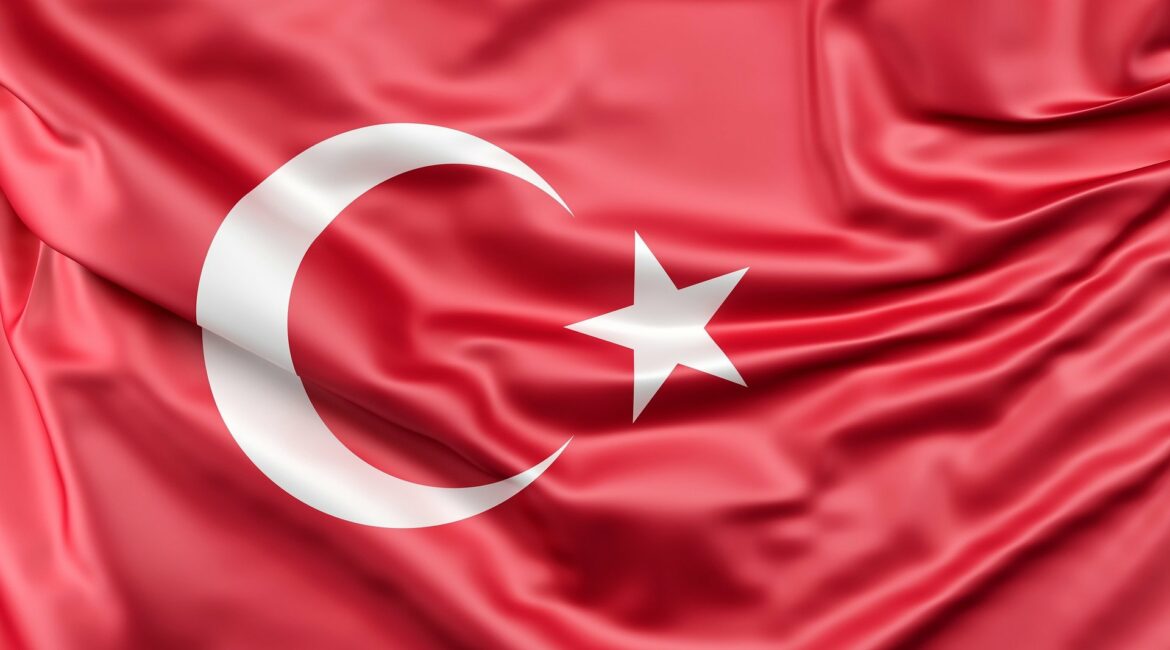The Turkish President, Recep Tayyip Erdogan, warned that United States are at risk of losing an ally if it continues to harass Turkey. Two weeks prior meeting Joe Biden - the American counterpart, Erdogan blames Washington for the existing tensions in the two countries' bilateral relations. He blames the Americans for supporting Syrian Kurdish militias, entities considered to be terrorist by Ankara, and also for turning into lawyers representing Armenia, after President Biden confirmed, for the first time, the anti-Armenian genocide committed by the Ottoman Empire during and after the First World War.
The announcement of the White House leader was scheduled for April 24, the date on which in 1915 began the massacres which killed about one million - one and a half million Armenian ethnics. The US Congress already recognized the genocide in December 2019, though a symbolic vote. The analysts anticipated that Biden's initiative risks straining relations with Turkey, US's ally in NATO. The term "Armenian genocide" is used by about 30 states and it is widely shared by the historians community. However, Turkey refuses to accept it, denying any extermination intentions of the Ottoman administration. On its point of view, there were mutual massacres during a civil war on starvation times, which produced hundreds of thousands of victims on both sides.
Being allied in the First World War with the central powers, Germany and Austria-Hungary, Muslim Turkey fought against the Franco-British Entente and The Tsarist Empire. In this context, it suspected the lack of loyalty of Christian Armenians, traditionally oriented towards Turrsians. The massacres, committed by the army, Kurdish paramilitary troops and gangs of criminals released from prison for this very purpose, were perpetuated until 1923. Two-thirds of the Armenians living in what is now Turkey have perished, and most of the survivors have gone to either Soviet Armenia of to free countries. According to statistics, about 60.000 ethnic Armenians are still present in Turkey.
On the other hand, the European institutions' leaders recently went to Ankara in order to discuss with Turkish President Recep Tayyip Erdogan about the possibility of unblocking the bilateral relations. The President of the European Commission, Ursula von der Leyen and the President of the European Council, Charles Michel, have been assigned for the task by the EU member states' leaders. Serious disagreements persist between Brussels and Ankara over important cases, such as human rights violation in Turkey or the often aggressive foreign policy of the Erdogan regime.
The Turkish Islamic-conservative leader, who has been in power since 2003, tried in the early years of his term to present his reforms as steps towards European integration, but negotiations stalled fairly quickly. In 2009, the most influential members of the European Union, Germany and France, proposed to Turkey a privileged partnership, which excluded a full right admission. Two years ago, European Union adopted political and financial sanctions against Turkey after illegal drilling was discovered in the territorial waters of Cyprus, where there are significant oil fields. Europeans also disapprove of Ankara's involvement in the Syrian and Libyan civil wars, and Greece, a historic enemy of the Turks, is constantly on guard, although the two countries are formally NATO allies.

